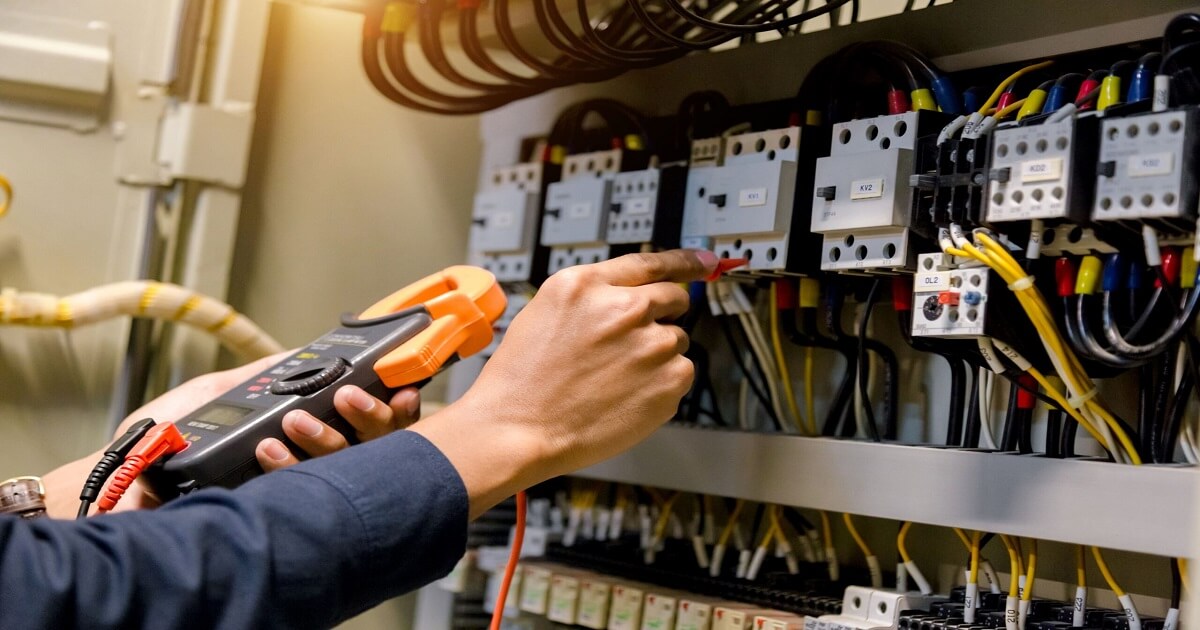Electrical certificate, in the constantly evolving world in the field of safety for electrical equipment, the importance of electrical certificates can’t be overemphasized. If you’re an individual homeowner, company owner or professional working in the field of electrical engineering being aware of the details the electrical certificate is vital. This guide will clarify the significance and types of regulations, and more regarding electrical certificate
Understanding Electrical Certificates:
The electrical certification is a legal certificate issued by qualified experts after inspecting and conducting tests on electrical installations. It confirms that the installation conform to the safety regulations and standards. These certificates play a crucial part in protecting the safety of the people who live there and also preventing electrical dangers.
Importance of Electrical Certificates:
The importance of electrical certification is more than just compliance. They give assurance for business owners, homeowners, and even regulatory authorities and authorities, knowing that electrical installations comply with necessary safety standards. In addition electrical certificates are frequently required for insurance coverage as well as real estate transactions.
Types of Electrical Certificates:
Electrical Installation Certificate It is issued for electrical installations that are new that confirms compliance with relevant regulations at the moment of installation.
minor electrical installation Works Certificate: For minor changes or additions on existing structures, this certification assures that the changes are in line with the requirements for safety.
Electric Installation Condition Report Regular inspections of the electrical installation, usually every 5-10 years, produce this report that outlines the present state for the electric installation as well as any remedial measures that need to be taken.
How to Obtain an Electrical Certificate:
The process for obtaining an electrical certification involves hiring a licensed electrician or an electrical inspector. They conduct thorough inspections, carry out tests and issue a certificate based on the type of the job.
Regulations and Standards:
National Electrical Code (NEC):
The NEC defines the norm for electrical installations that are safe and is widely used across the United States.
International Electrotechnical Commission (IEC):
Globally acknowledged IEC is a global organization. IEC sets global standards that cover all electronic, electrical and other related technological developments.
Frequently Asked Questions:
Why do I need an electrical certification?
Electrical certificates are crucial to ensure the security installation of electric equipment complying with the requirements of regulatory agencies, and also for obtaining insurance coverage.
What frequency should electrical equipment be inspected?
The frequency of inspections can vary however, a routine inspection is usually recommended every 5-10 years.
Advantages of Having an Electrical Certificate:
- It ensures safety and lowers the possibility of electrical injuries.
- Facilitates the process of property transactions and insurance coverage.
- Shows conformity with the legal and regulatory requirements.
Risks of Neglecting Electrical Certificates:
Failure to adhere to electrical certifications can result in severe consequences, such as electric fires, injuries and legal consequences. Infractions can result in fines, issues with insurance and in extreme instances it could mean the shut-down of your business.
Case Studies: Real-life Impacts of Electrical Certificates:
Illustrations of the way electrical certificates have played an important part in the prevention of accidents, preserving lives, and reducing risks.
The Role of Professionals in Electrical Certification:
Certified electricians and inspectors play a crucial role in making sure the accuracy and credibility of electrical certifications. Their expertise ensures that installations meet the current standards of safety.
Common Misconceptions about Electrical Certificates:
Debunking myths and dispelling misconceptions regarding electrical certificates, for example the notion that they are only required to install large installations.
Steps to Ensure Compliance with Electrical Certification:
A step-by-step guide to homeowners, business owners and professionals to make sure that they meet the required requirements to obtain and maintain electrical certifications.
Innovations in Electrical Certification:
Innovative technological developments and breakthroughs that are influencing the future of electrical certification processes.
Conclusion:
Understanding and prioritizing electrical certifications is crucial to ensure the safety of people as well as businesses, homes, and properties, eicr certificate near me. Regular compliance with the regulations, inspections, as well as the involvement of trained professionals help create an improved and safer electrical surroundings. As technology continues to improve keeping up-to-date with the latest developments regarding electrical certification will be crucial to maintain high standards for security in the electrical sector.

